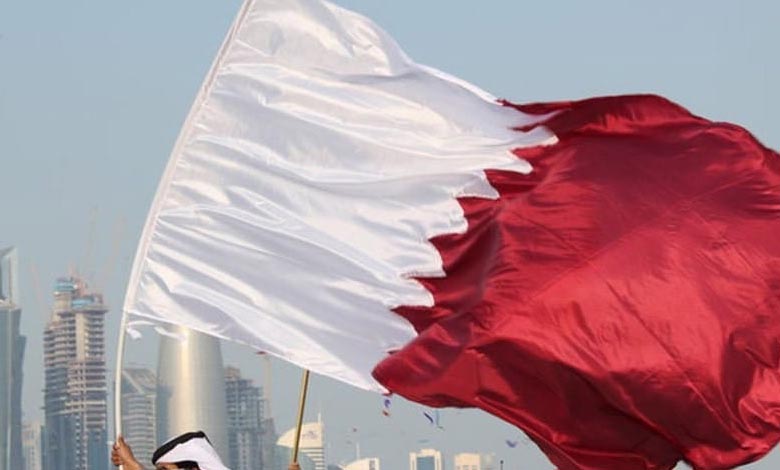After Amnesty report on Qatar’s grave abuses, Europe steps up aid for migrant workers

The echoes of the recent International Labor Organization report on the suffering of migrant workers in Qatar, which has been characterized as forced labor, continue to stir controversy worldwide, with strong reverberations, as it seems to have stirred stagnant water this time around, with European countries taking first-ever steps towards Doha.
This was exemplified by the announcement by the German and Norwegian football federations of their active and urgent cooperation to establish a relief fund for the victims of work at World Cup construction sites in Qatar, and their relatives, after the suffering and grave violations they have been subjected to.
Lise Klaveness, president of the Norwegian Federation, told the TV show “Sports Show”: She reached an agreement with Bernd Neuendorf, the president of the German Football Association, during a phone call, to fund a center for foreign workers and to provide compensation to the families of the victims.
This follows her strong criticism of FIFA and Qatar during the FIFA General Assembly in Qatar at the end of March.
Klaveness and Neuendorf agreed that the planned assistance fund should be of utmost importance, adding that it should be ensured that the families of the deceased and injured workers receive adequate compensation.. We’ll take it together”.
She stressed that global football must strongly defend values, saying: “It is important that we form alliances with many unions and act as observers. We must assume our responsibilities and promote the much-delayed substantive discussions”.
Amnesty International in its latest report strongly condemned the working conditions of security guards in Qatar, including in projects related to the 2022 FIFA World Cup, saying that these conditions can be considered forced labor, citing 34 current and former employees of eight private security companies, mainly migrant workers from Kenya and Uganda: Companies and the regime force them to work more than 12 hours a day, 7 days a week, or the equivalent of 84 hours a week, sometimes in the direct sun without shade or drinking water, during the emirate’s hottest months.
Qatari law provides for a maximum of 60 hours per week, with one day off, the minimum set by the International Labor Organization.
The international organization said that workers taking this weekly or sick leave risk arbitrary deductions from their wages, in addition to the extra hours of work not paid enough, in addition to the lack of unions defending the rights of workers, clarifying that FIFA and the Supreme Committee organizing the 2022 World Cup did not renew contracts with two of these companies, and the Qatari Ministry of Labor reported them, expressing its regret that this did not happen at the right time.












